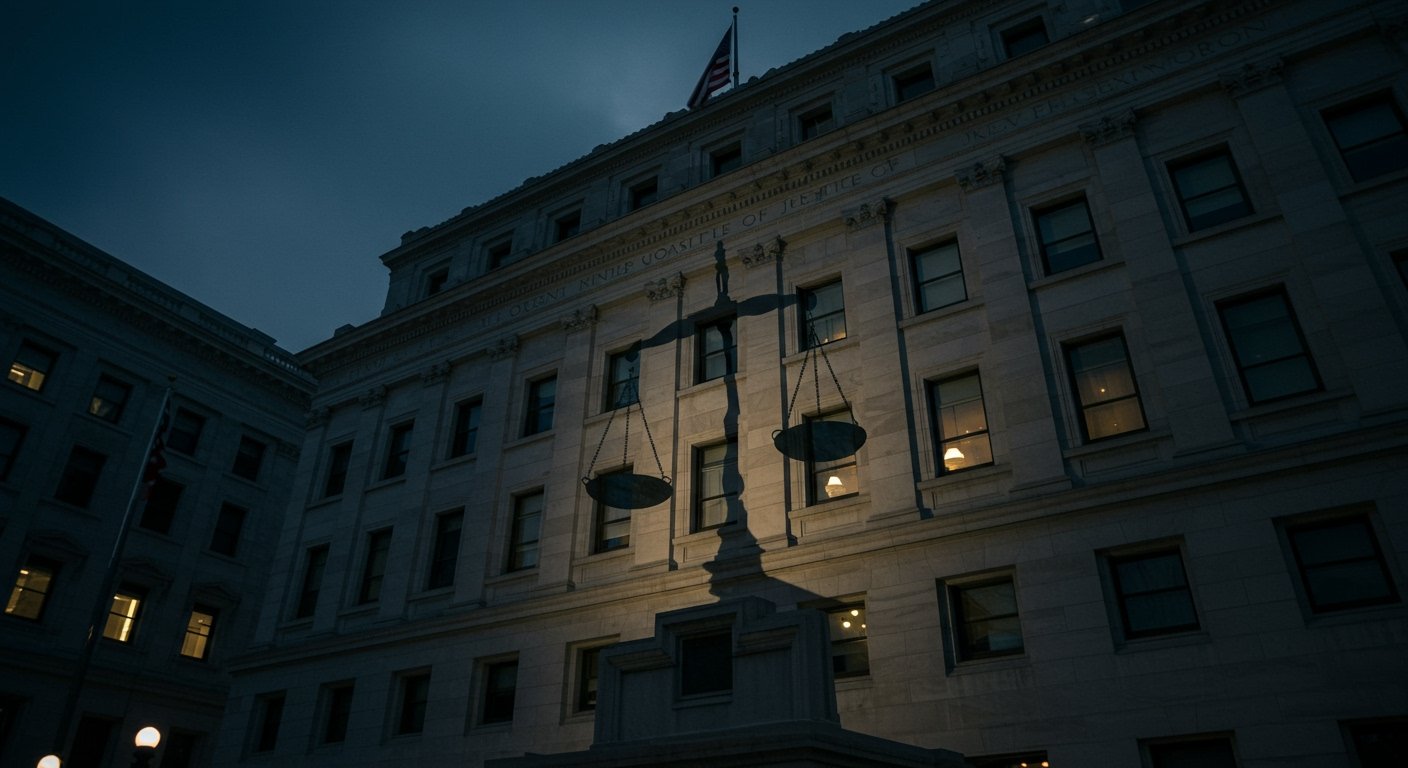SAN SALVADOR/WASHINGTON — An extraordinary offer by El Salvador to house U.S. citizens convicted of crimes in its domestic prisons has triggered immediate legal and ethical alarm bells in Washington, raising profound questions about jurisdiction, human rights, and the rule of law.
The proposition, viewed by many legal experts as fundamentally incompatible with U.S. and international legal frameworks, has prompted a strong rebuke from U.S. lawmakers.
Congressional Pushback
U.S. Senator Jon Ossoff (D-GA) has taken a prominent stance against the proposal, dispatching a pointed letter to U.S. Secretary of State Marco Rubio and U.S. Attorney General Pam Bondi.
In his communication, Senator Ossoff urged the Trump administration to unequivocally reject El Salvador’s offer. He articulated a grave concern that even the consideration of such a proposal hints at a potential “abandonment of core legal and ethical principles protecting the human and civil rights of Americans subject to U.S. jurisdiction.”
This sentiment underscores the widely held view that incarcerating U.S. citizens abroad under conditions that may violate fundamental rights poses a significant legal and moral challenge.
Legal Impediments and Constitutional Protections
The notion of transferring U.S. prisoners to foreign custody is fraught with complex legal hurdles rooted in American jurisprudence. Legal scholars and human rights advocates point to foundational U.S. Supreme Court cases that have established minimum standards for the treatment of incarcerated individuals.
Cases such as Estelle v. Gamble have affirmed that deliberate indifference to serious medical needs of prisoners constitutes cruel and unusual punishment, a violation of the Eighth Amendment. Similarly, Brown v. Plata further reinforced the principle that inhumane conditions of confinement are constitutionally impermissible.
Furthermore, existing U.S. law presents statutory impediments. A provision embedded within the First Step Act, signed by President Trump in 2018, outlines specific requirements and limitations regarding where incarcerated individuals under U.S. jurisdiction can be housed, seemingly precluding the transfer of federal prisoners to foreign penal systems like that of El Salvador.
Deep Concerns Over Prison Conditions
A central element fueling opposition to El Salvador’s offer is the widely documented state of its prison system, particularly under the country’s ongoing “State of Exception.”
Specific concerns are frequently raised about the Center for the Confinement of Terrorism (CECOT), a massive facility with a stated capacity for 40,000 inmates. Opened in 2023, CECOT has been subject to numerous reports detailing exceptionally harsh conditions. Prisoners at the megaprison reportedly receive no visitors, participate in no rehabilitative programs, and have no time outside their cells.
The U.S. State Department itself issues warnings to travelers regarding the human rights implications of the “State of Exception” in El Salvador. Reports from individuals who have been released from some prisons under this regime paint a grim picture, mentioning a severe lack of food and potable water, with daily rations reportedly limited to just two tortillas, one spoonful of beans, and one glass of water.
El Salvador’s “State of Exception” and Rights Violations
President Bukele’s implementation of a “State of Exception” beginning in March 2022, ostensibly to combat crime and dismantle powerful gangs, has resulted in an unprecedented crackdown.
Since its inception, over 84,000 arrests have been made across the country. However, the policy has been heavily criticized by international observers and human rights organizations for frequently bypassing due process and suspending basic constitutional rights, including access to attorneys and the right to a speedy trial.
This aggressive approach to mass incarceration has dramatically altered the country’s demographic profile. As of January 2024, El Salvador held the unfortunate distinction of having the highest incarceration rate globally.
Human rights advocates working on the ground have meticulously documented over 6,000 violations within El Salvador’s justice system under the “State of Exception.” These documented abuses span a wide range of serious transgressions, including arbitrary detentions, instances of torture, widespread due process violations, enforced disappearances, and a disturbing tally of 366 deaths occurring while individuals were held in state custody.
Conclusion: A Proposition Deemed Unlikely and Unlawful
Given the significant legal and constitutional protections afforded to U.S. citizens, coupled with the well-documented human rights concerns and harsh conditions prevalent in El Salvador’s penal system under the current “State of Exception,” the offer to house U.S. prisoners is widely considered to be both legally untenable and ethically indefensible.
Senator Ossoff’s urgent call for the rejection of the proposal reflects the consensus among legal experts and rights advocates that such a transfer would violate core principles of American justice and potentially expose U.S. citizens to conditions deemed unconstitutional by U.S. courts. The specific details regarding CECOT, the sheer volume of arrests under the “State of Exception” (over 84,000 since March 2022), the global incarceration rate statistic (highest globally as of January 2024), the documented human rights violations (over 6,000, including 366 deaths in custody), and the U.S. State Department’s own warnings underscore the gravity of the situation and solidify the opposition to El Salvador’s controversial offer.











